The periodic table visually shows the elements that make up everything we see around us. It is a key concept in chemistry which needs to be taught to our students. I prefer to introduce the idea of the periodic table in the elementary years. Then, teach the relationships and categories of the periodic table during the middle school years. That way, the students go into high school chemistry … [Read more...]
The Index Card System
In high school, one of my teachers taught me a method for using index cards in the research phase of writing reports. Through my college years, it developed into what I now affectionately refer to as the index card system. In a nutshell, this method uses index cards for recording facts, and then organizes these cards into a straightforward outline that the students can draw from when writing … [Read more...]
Homeschool Science Corner: The Importance of Units of Measurement
I am a bit of a stickler on units of measurement thanks to my high school chemistry teacher. She always told us that a number in chemistry meant nothing without its units, which is so true. After all, if I say that I need 2 of sugar for a recipe, do you know if I mean 2 tablespoons, 2 grams, 2 cups or 2 kilos? That's why from the very first time I introduce measurements to my students I always … [Read more...]
Research Report or Research Paper?
The term research report and research paper are often used interchangeably. Although both of these assignments require research, they do differ in several ways. In a nutshell, the student writing a research report does some research and churns out facts, while the student writing the research paper analyzes a topic and forms an opinion. What is a Research Report? A research report is basically … [Read more...]
Science Corner: Spring Flower Dissection
Spring is a exceptional time to take a closer look at the structure of a flower. Many of the typical spring blooms, such as lilies, tulips and daffodils, have clearly seen elements, which makes them excellent specimens for your students to study the structure of a flower. One of the best was to do this is through a flower dissection, but how does one perform such a dissection? Step by Step … [Read more...]
How to choose your homeschool science curriculum
As homeschoolers, many of us adhere to a certain learning philosophy, such as classical or interest-led. These methods give us a basic framework for choosing curricula, but it can still be a challenge to find the one specific curriculum that fits your particular family. Every family has different goals and learning styles, which means that no one homeschool science curriculum can fit every … [Read more...]
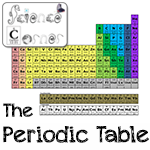
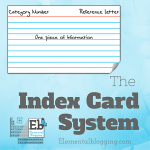
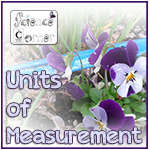

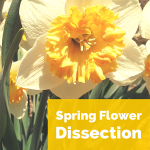
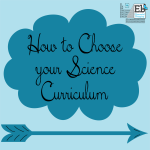


Join the Community!